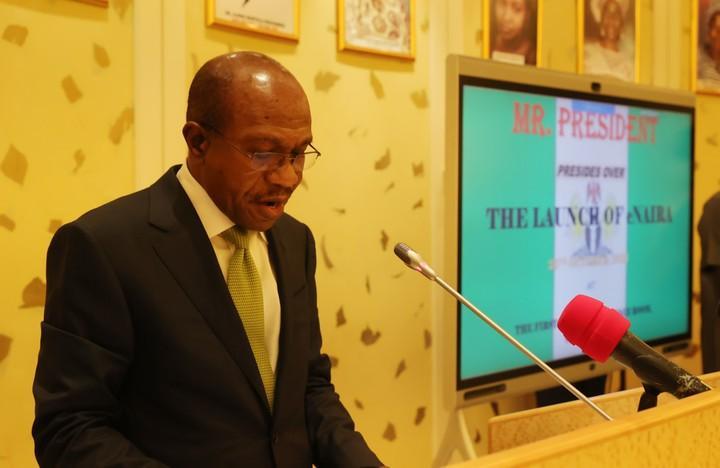- Seven Banks ‘Hide N249.6b for Unknown Govt Officials’
A Federal High Court in Lagos yesterday ordered seven banks to remit to the Federal Government $793,200,000 (about N249,659,700,000.00) allegedly hidden with them in breach of the Treasury Single Account (TSA) policy.
A vacation judge, Justice Chuka Obiozor, made the interim order following an ex parte application by the office of the Attorney-General of the Federation (AGF).
The judge warned that the remittance order would be made permanent on August 8, unless cause was shown why it should not.
The AGF, through his counsel, Prof. Yemi Akinseye-George (SAN), accused the commercial banks of illegally keeping the sums in their custody for “unknown government officials”.
Justice Obiozor ordered the banks to remit the money to the designated Federal Government’s Asset Recovery dollars account domiciled with the Central Bank of Nigeria (CBN).
The banks are United Bank for Africa (UBA), Diamond Bank Plc, Skye Bank Plc, First Bank Limited, Fidelity Bank Plc, Keystone Bank Limited and Sterling Bank Plc.
According to court processes filed by Akinseye-George (SAN), $367.4m was hidden by three government agencies in UBA; $41m was kept in a National Petroleum Investment Management Services (NAPIMS) fixed deposit account with Skye Bank.
The documents stated that $277.9m was in Diamond Bank, $18.9m in First Bank, $24.5m in Fidelity Bank, $17m in Keystone Bank, and $46.5m in Sterling Bank.
The AGF’s application was supported by a 15-paragraph affidavit deposed to by a lawyer from Akinseye-George’s law firm, Vincent Adodo.
Adodo averred that the banks colluded with Federal Government officials to hide the funds in breach of the TSA policy.
The funds, he stated, were revenues, donations, transfers, refunds, grants, taxes, fees, dues, tariffs etc accruable to the Federal Government from ministries, departments, parastatals and agencies.
Adodo said the banks failed to remit the funds to the TSA domiciled in the CBN in violation of the guidelines issued by the Accountant-General of the Federation, which fixed September 15, 2015 as the deadline for such funds to be moved.
“The 1st to 7th respondents (banks), in collaboration with and/or collusion with unknown officials of the Federal Government, conspired to disobey the relevant constitutional provisions, thereby depriving the Government of the Federal Republic of Nigeria of funds belonging to it, which are needed urgently to fund pressing national projects under the 2017 budget,” Adodo said.
Among the allegedly culpable government agencies is the National Petroleum Developing Company (NPDC).
Moving the ex parte application yesterday, Akinseye-George said it would best serve the interest of justice for Justice Obiozor to order the banks to remit the funds to the Federal Government, to prevent the funds from being moved or dissipated.
“The withheld funds are urgently required for the implementation of the 2017 budget. The budget has a lifespan of 12 months and we are already in the middle of the year.
“By hiding these hidden funds, the Federal Government is being forced to borrow money from these commercial banks at exorbitant interest rates,” Akinseye-George added.
After listening to the SAN, Justice Obiozor granted the interim orders.
He directed that the order should be published in a national daily newspaper.
The judge adjourned till August 8 “for anyone interested in the funds to appear” before him “to show cause why the interim orders should not be made permanent”.



 Naira4 weeks ago
Naira4 weeks ago


 Naira3 weeks ago
Naira3 weeks ago




 Naira3 weeks ago
Naira3 weeks ago




 Naira3 weeks ago
Naira3 weeks ago




 Naira2 weeks ago
Naira2 weeks ago
 Commodities3 weeks ago
Commodities3 weeks ago


 Sport Business4 weeks ago
Sport Business4 weeks ago


 News3 weeks ago
News3 weeks ago




















